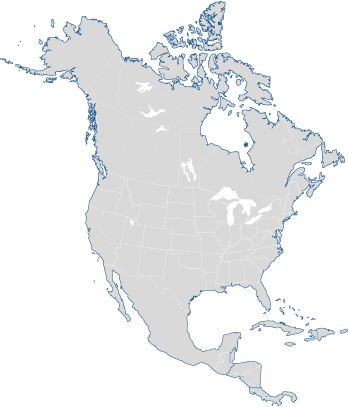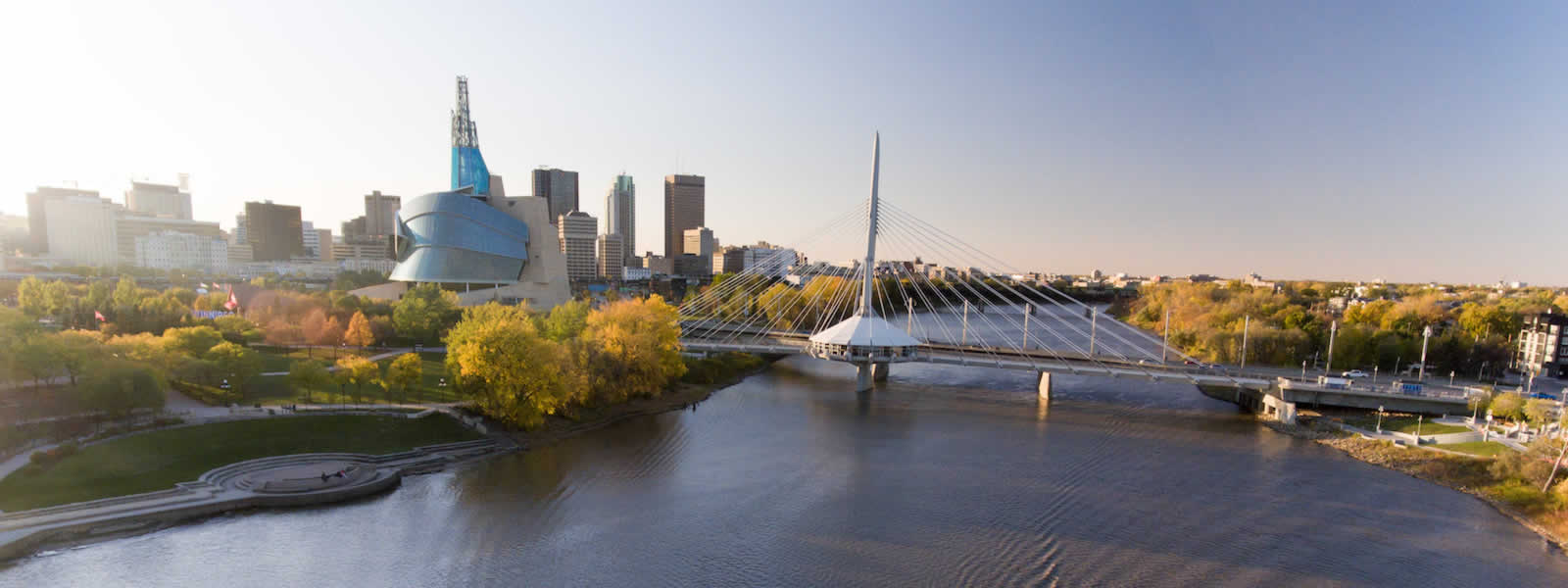Where is Winnipeg?
Grow in Winnipeg
 Close to 62 per cent of Manitoba’s population lives within Winnipeg’s census metropolitan area of 811,874 inhabitants, so Winnipeg dominates the provincial economy in a way few other Canadian cities do.
Close to 62 per cent of Manitoba’s population lives within Winnipeg’s census metropolitan area of 811,874 inhabitants, so Winnipeg dominates the provincial economy in a way few other Canadian cities do.
Winnipeg has always been economically strong and diverse. We have nurtured a robust workforce that is skilled, talented and productive. If you’re looking to relocate or expand to a place where opportunities for growth are limited only by imagination, consider Winnipeg. Our city is a place where business can grow faster, stronger and better; a place that is intelligent, creative and culturally diverse; a place where the infrastructure, supplier base and (most importantly) the people are ready to help your business get growing.
Winnipeg: Key Differentiators for Business

Winnipeg’s flourishing industry sectors, geographic and time zone advantages, and transportation assets—coupled with CentrePort Canada, the nation’s only trimodal inland port to offer foreign trade zone advantages—make the city an exceptional draw for business.
Consider this: Winnipeg has the largest aerospace centre in Western Canada; it’s home to advanced manufacturing market leaders and boasts one of the biggest hubs for bus manufacturing in North America; agribusiness has long nourished Winnipeg’s growth, due to its world-class agricultural infrastructure; and initiatives in life sciences make Winnipeg a remarkable centre of discovery, housing the only Level 4 bio-containment lab in the country and about 40 additional R&D institutions.
Winnipeg has the lowest published electricity costs in Canada for small medium and large businesses, and KPMG ranks the city No. 1 in cost-competitiveness in Western Canada and in all U.S. cities surveyed. Named a Top Canadian Metro by Site Selection magazine thanks to exceptional public- and private-sector investments citywide, there’s never been a better time to invest in Winnipeg.
Manitoba: The Keystone Province

Located in the heart of North America is a land of economic and cultural diversity, a place where natural resources are plentiful and the people have created a rich and vibrant society.
The place is Manitoba—a province of inland seas and waves of grain, advanced research and enchanting historic sites, and home to innovators in business, science and the arts. Whether by fibre-optic cable, air, rail, road or sea, Manitoba is connected to markets around the world, yet a lakeside retreat is never more than an hour’s drive away.
Manitoba is a place that offers the advantages of big-city life without the disadvantages. With low costs for land and power and some of the most affordable housing in Canada, Manitoba is a place where your dollar goes far.
Manitoba has great strength in its wealth of hydroelectric power, diverse manufacturing base, rich mineral resources and fertile soil. However, the greatest strength resides in the people of Manitoba, people who retain the values of community and responsibility that built our province, while shaping a future through innovation, productivity and risk-taking.
Manitoba Quick Facts
| Political Leader | Premier Brian Pallister |
| Area | 649,947 square kilometres (250,946 square miles). Manitoba is larger than Japan and twice the size of the U.K. |
| Total Population | 1,282,000 |
| Capital City |
Winnipeg (Population 749,500, CMA 825,700)
Mayor: Brian Bowman |
| Unemployment Rate (2013) |
Manitoba: 5.9%
Canada: 7.1% |
| Major Industries | Manufacturing, agriculture, mining, electric power, and other. |
| Major Manufacturing Sectors | Primary metals, food and beverages, transportation equipment, machinery, chemicals, plastics/rubber, wood/paper, furniture, fabricated metal products, electrical & electronics, printing & related, petroleum/coal, non-metallic mineral products |
| Real GDP at Market Prices (2013) | CAD $36 Billion |
| Real GDP - % Growth (2015) | 2.3% |
| Exports (2015) | CAD $13.7 Billion |
| Natural Resources | Abundant fresh water, hydroelectricity, base metals (nickel, iron, zinc), fishing, forestry, gold, oil, other minerals. |
| Agricultural Products | Canola, wheat, hogs, cattle, dairy products, oats, poultry, eggs, barley, and flaxseed |
Why Canada?

The compelling list of reasons to consider Canada starts with the country’s stellar economic fundamentals:
A Welcoming Business Environment
Canada is the best country in the G-20 to do business, according to both Forbes and Bloomberg. Source: Forbes and Bloomberg
Unparalleled Market Access
Once CETA comes into force, foreign investors in Canada will have assured preferential access to both NAFTA and the EU—a vibrant market with a combined GDP of USD $39 trillion, or one-half of the world’s output of goods and services. Source: The World Bank
Financial Stability
For the eighth consecutive year, the World Economic Forum has declared Canada’s banking system to be the soundest in the world. Source: World Economic Forum
Above information courtesy of Invest in Canada
Consider Canada City Alliance
13 economic development agencies from Canada’s large cities—including Economic Development Winnipeg—work together as the Consider Canada City Alliance to promote Canada as an ideal destination for global trade and investment.
As a united front, Canada’s large cities—Toronto, Montréal, Vancouver, Ottawa, Calgary, Québec City, Winnipeg, Waterloo Region, London, Halifax and Saskatoon—help international companies determine the best strategies for business expansion and continually improve Canada’s ability to attract new investment and trade opportunities.
These large cities represent 52.5 per cent of Canada's population, 56.8 per cent of its GDP and 63.8 per cent of GDP growth in Canada between 2010 and 2015.
Want to learn more? heck out Consider Canada’s website.



